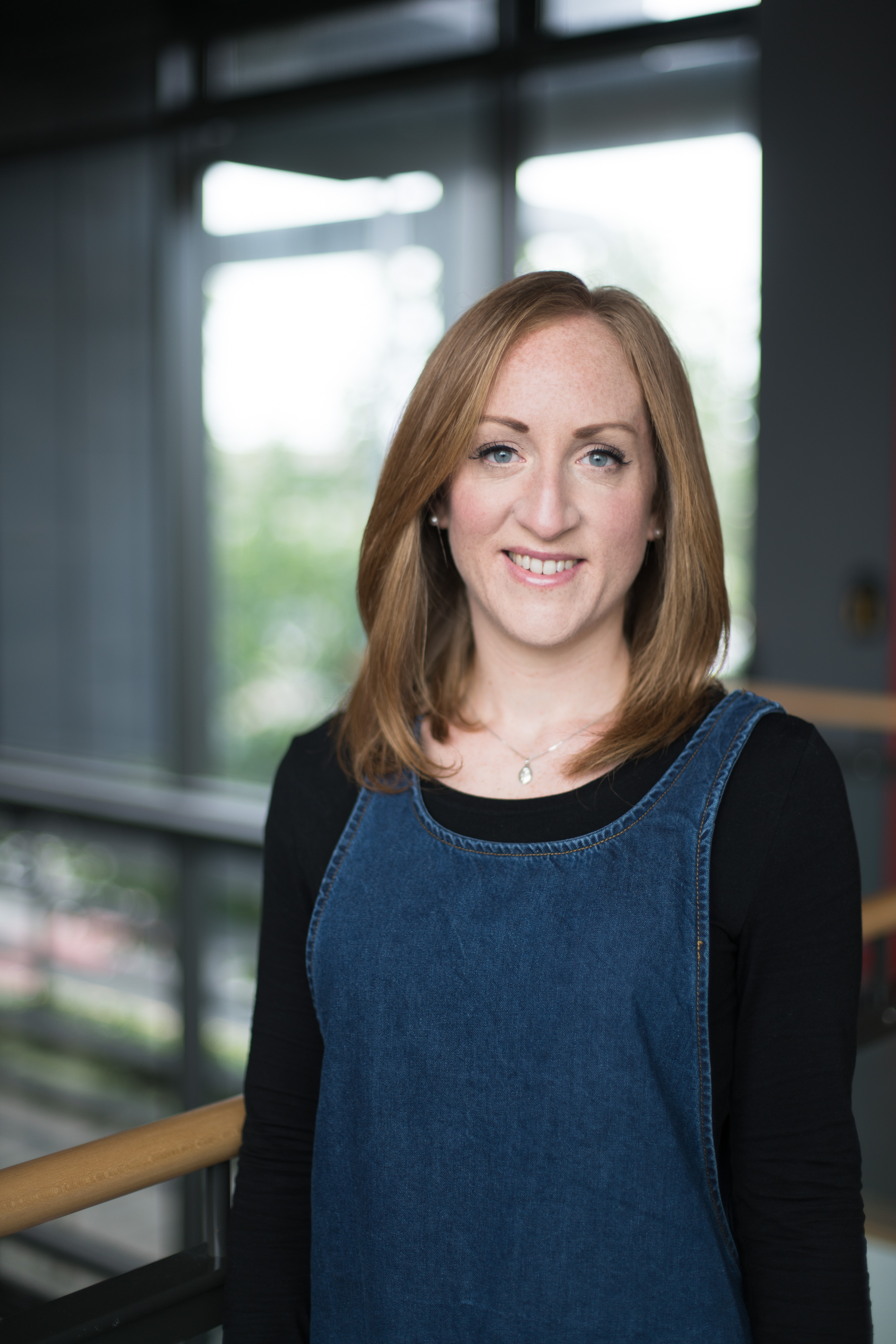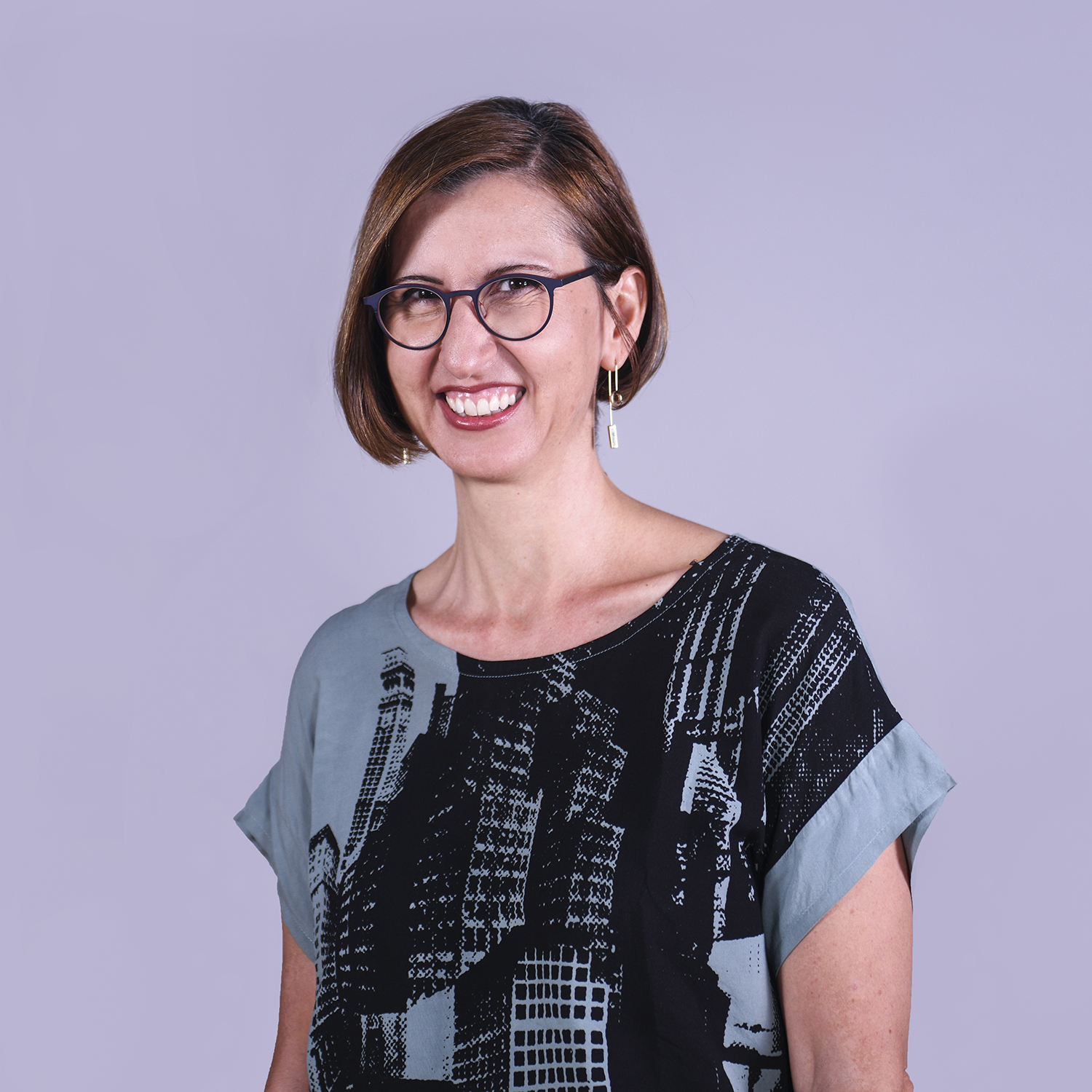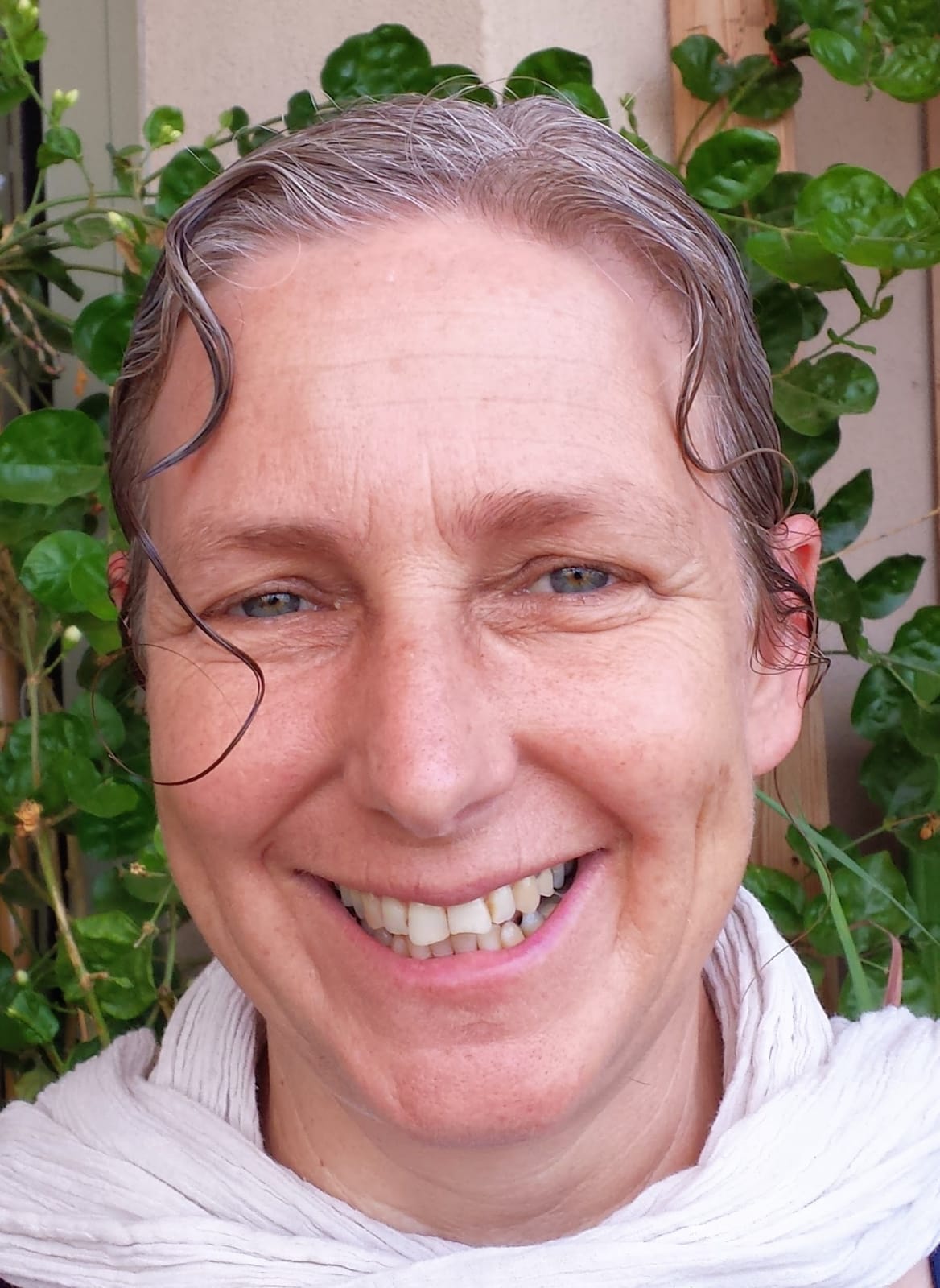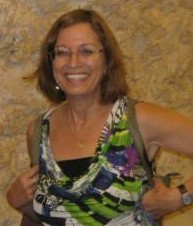“It’s Not What’s Done, But Why It’s Done”
Music Therapists’ Understanding of Normalisation, Maximisation and the Neurodiversity Movement
DOI:
https://doi.org/10.15845/voices.v20i3.3110Emneord (Nøkkelord):
music therapy, autism, neurodiversity, ableismSammendrag
This position paper offers our personal reflections as five music therapists from varying social and international contexts attempting to understand and engage with the theory, politics and implications of the Neurodiversity Movement. We begin by positioning our views on the importance of the therapist’s intentionality when working with individuals for whom this social, cultural and political movement may represent central beliefs and values. The evolution of the Neurodiversity Movement is discussed, growing from the social model of disability and Disability Rights Movements to present a challenge to the dominant, medicalised model of disability. Throughout the paper, we invite critical debate around the role, position and attitude of the music therapist when working with neurodivergent participants, taking the powerful words of Autistic author and activist, Penni Winter, as our provocation. Finally, we offer our interpretation of key concepts and dimensions of this discourse, before sharing examples of how we might apply these understandings to tangible tenets of music therapy practice in different contexts through a series of brief composite case stories. Through critical reflection and discussion, we attempt to draw together the threads of these diverse narratives to challenge a normocentric position, and conclude by posing further questions for the reader and the wider music therapy profession.
Referanser
Agony Autie. (2018). What is Stimming? https://www.youtube.com/watch?v=8bhT2R9HiLs.
American Psychiatric Association. (2013). Diagnostic and statistical manual of mental disorders (5th ed.). https://doi.org/10.1176/appi.books.9780890425596.
Anastasiou, D., & Kauffman, M. (2013). The social model of disability: dichotomy between impairment and disability. Journal of Medicine and Philosophy, 38, 441-459, https://doi.org/10.1093/jmp/jht026.
Ansdell, G. (2001). Music therapist’s dilemma. British Journal of Music Therapy, 15(1), 2-4, https://doi.org/10.1177/135945750101500101.
Armstrong, T. (2010). Neurodiversity: Discovering the extraordinary gifts of autism, ADHD, dyslexia, and other brain differences. Da Capo Press.
Baglieri, S., & Shapiro, A. (2017). Disability Studies and the Inclusive Classroom (2nd ed.). Routledge.
Baglieri, S., Valle, J. W., Connor, D. J., & Gallagher, D. J. (2011). Disability studies in education: the need for a plurality of perspectives on disability. Remedial and Special Education, 32(4), 267-278, https://doi.org/10.1177/0741932510362200.
Bailin, A. (2019). Clearing Up Some Misconceptions About Neurodiversity. https://blogs.scientificamerican.com/observations/clearing-up-some-misconceptions-about-neurodiversity/.
Baines, S. (2013). Music therapy as an anti-oppressive practice. The Arts in Psychotherapy, 40, 1-5, https://doi.org/10.1016/j.aip.2012.09.003.
Bakan, M. (2014). Ethnomusicological perspectives on autism, neurodiversity, and music therapy. Voices: A World Forum for Music Therapy, 14(3), https://doi.org/10.15845/voices.v14i3.799.
Barker, C. (2017). The Cambridge Companion to Literature and Disability. Cambridge University Press.
Barnes, C. (2012). Understanding the social model of disability: Past, present and future. In N. Watson, A. Roulstone, & C. Thomas (Eds.), Routledge Handbook of Disability Studies (pp. 12-29). Routledge.
Baron-Cohen, S. (2019). The concept of neurodiversity is dividing the autistic community: It remains controversial, but it doesn’t have to be. https://blogs.scientificamerican.com/observations/the-concept-of-neurodiversity-is-dividing-the-autism-community/.
Bascom, J. (2012). Loud hands: Autistic people, speaking. The Autistic Press.
Bauman, H. D., & Murray, J. M. (2009). Reframing: From hearing loss to deaf gain. Deaf Studies Digital Journal, 1, 1-10.
Beaudry, J. (2016). Beyond (models of) disability? Journal of Medicine and Philosophy, 41, 210-228, https://doi.org.uk/10.1093/jmp.jhv063.
Berg, L. A., Jirikowic, T., Haerling, K., & MacDonald, G. (2017). Centennial topics—navigating the hidden curriculum of higher education for postsecondary students with intellectual disabilities. American Journal of Occupational Therapy, 71(3), 1-9, https://doi.org/10.5014/ajot.2017.024703.
Bieleninik, L., Geretsegger, M., Mössler, K., Assmus, J., Thompson, G., Gattino, G., Elefant, C., Gottfried, T., Igliozzi, R., Muratori, F., Suvini, F., Kim, J., Crawford, M. J., Odell-Miller, H., Oldfield, A., Casey, Ó., Finneman, J., Carpente, J., Park, AL., & Gold, C. (2017). Effects of improvisational music therapy vs enhanced standard care on symptom severity among children with autism spectrum disorder: The TIME-A randomized clinical trial. JAMA, 318(6), 525-535, https://doi.org/10.1001/jama.2017.9478.
Blume, H. (1997). Autistics, freed from face-to-face encounters, are communicating in cyberspace. https://www.nytimes.com/1997/06/30/business/autistics-freed-from-face-to-face-encounters-are-communicating-in-cyberspace.html.
Bodry, K., & Schwantes, M. (2020). Clinical applications of feminist music therapy: An overview of the literature. Nordic Journal of Music Therapy, https://doi.org/10.1080/08098131.2020.1753230.
Bolt, D. (2019). Cultural disability studies in education: Interdisciplinary navigations of the normative divide. Routledge.
Bolton, M. J. (2018). With the silence of a thousand cries: Extremes of Autistic advocacy. Disability & Society, 33(6), 980-984, https://doi.org/10.1080/09687599.2018.1454381.
Bottema-Beutel, K., Kapp, S. K., Lester, J. N., Sasson, N. J., & Hand, B. N. (2020). Avoiding ableist language: Suggestions for autism researchers. Autism in Adulthood, https://doi.org/10.1089/aut.2020.0014.
Brown, L. (2016). Autistic hoya: Primer. https://www.Autistichoya.com.
Carroll, S. M. (2019). Respecting and empowering vulnerable populations: contemporary terminology. The Journal for Nurse Practitioners, 15, 228-231, https://doi.org/10.1016/j.nurpra.2018.12.031.
Cascio, M. A. (2015). Cross-cultural autism studies, neurodiversity, and conceptualizations of autism. Culture, Medicine and Psychiatry, 39(2), 207-212, https://doi.org/10.1007/s11013-015-9450-y.
Collinson, C. (2014). ‘Lexism’ and the temporal problem of defining ‘dyslexia’. In D. Bolt (Ed.), Challenging social attitudes toward disability: Perspectives from historical, cultural and educational studies (pp. 153-161). Routledge.
Davidson, J., & Orsini, M. (Eds.). (2013). Worlds of autism: Across the spectrum of neurological difference. University of Minnesota Press.
Dawson, G., Rogers, S., Munson, J., Smith, M., Winter, J., Greenson, J., Donaldson, A., & Varley, J. (2010). Randomized controlled trial of an intervention for toddlers with autism: The early start Denver model. Pediatrics, 125(1), 17-23, https://doi.org.uk/10.1542/peds.2009-0958.
Diversity and Ability (DnA). (2019). Celebrate difference. https://diversityandability.com/.
Elefant, C., Thompson, G., Metell, M., Roginsky, E., Pickard, B., & Gottschewski, K. (2020, July 7). The Neurodiversity Movement Invites Us to Consider Why We Work the Way Do as Music Therapists [Roundtable Presentation]. World Music Therapy Congress, Online.
Ellis, K. (2014). Disability and popular culture: Focusing passion, creating community and expressing defiance. Routledge.
Ellis, K., & Goggin, G. (2015). Disability & the media. Palgrave Macmillan.
Fansler, V., Reed, R., Bautista, E., Arnett, A., Perkins, F., & Hadley, S. (2019). Playing in the borderlands: The transformative possibilities of queering music therapy pedagogy. Voices: A World Forum for Music Therapy, 19(3), https://doi.org/10.15845/voices.v19i3.2679.
Flink, P. (2019). Person-first and identity-first language: Supporting students with disabilities on campus. Community College Journal of Research and Practice, https://doi.org/10.1080/10668926.2019.1640147.
Freire, P. (2011). Education for critical consciousness. Continuum Books.
Goodley, D. (2013). Dis/entangling Critical Disability Studies. Disability & Society, https://doi.org/10.1080/09687599.2012.717884.
Goodley, D. (2017). Disability studies: An interdisciplinary introduction (2nd ed.). SAGE.
Gross, R. (2018). The social model of disability and music therapy: Practical suggestions for the emerging clinical practitioner. Voices: A World Forum for Music Therapy, 18(1), https://doi.org/10.15845/voices.v18i1.958.
Hadley, S. (2013). Dominant narratives: Complicity and the need for vigilance in the creative arts therapies. The Arts in Psychotherapy, 40, 373-381, https://doi.org/10.1016/j.aip.2013.05.007.
Hadley, S. (2014). Shifting frames: Are we really embracing human diversities? Voices: A World Forum for Music Therapy, 14(3), https://doi.org/10.1016/j.aip.2013.05.007.
Haller, B. (2010). Representing disability in an ableist world: Essays on mass media. The Avocado Press, Inc.
Heydon, R., & Iannacci, L. (2008). Early childhood curricula and the de-pathologizing of childhood. University of Toronto Press.
Houting, J. (2019). Neurodiversity: An insider's perspective. Autism, 23(2), 271-273, https://doi.org/10.1177/1362361318820762.
Iannacci, L. (2018). Reconceptualizing disability in education. Lexington Books.
Jaarsma, P., & Welin, S. (2012). Autism as a natural human variation: reflections on the claims of the neurodiversity movement. Health Care Analysis, 20(1), 20-30, https://doi.org/10.1007/s10728-011-0169-9.
Jay, M. (1994). Downcast eyes: The denigration of vision in twentieth-century French thought. University of California Press.
Kapp, S. (2019). Autistic community and the neurodiversity movement: Stories from the front line. Palgrave Macmillan.
Kapp, S. K., Gillespie-Lynch, K., Sherman, L. E., & Hutman, T. (2013). Deficit, difference, or both? Autism and neurodiversity. Developmental Psychology, 49(1), 59-71, https://doi.org/10.1037/a0028353.
Kenny, L., Hattersley, C., Molins, B., Buckley, C., Povey, C., & Pellicano, E. (2015). Which terms should be used to describe autism? Perspectives from the UK autism community. Autism, 20(4), 442-462, https://doi.org/10.1177/1362361315588200.
Kumari Campbell, F. (2009). Contours of ableism: The production of disability and abledness. Palgrave Macmillan.
Kumari Campbell, F. (2013). Problematizing vulnerability: Engaging studies in ableism and disability jurisprudence (Paper Presentation). Disability at the Margins: Vulnerability, Empowerment and the Criminal Law: Legal Intersections Research Centre, Wollongong, Australia. https://lha.uow.edu.au/content/groups/public/@web/@law/@lirc/documents/doc/uow166211.pdf.
Ladau, E. (2014). What should you call me? I get to decide: Why I’ll never identify with person-first language. In C. Wood (Ed.), Criptiques (pp. 47-56). May Day Publishing.
Leza, J. (2020). Neuroqueering music therapy. In D. Milton (Ed.), The neurodiversity reader (pp. 210-225). Pavilion Publishing and Media.
Logsdon-Breakstone, S. (2013). Autistic, allistic, neurodiverse, and neurotypical: Say what? https://crackedmirrorinshalott.wordpress.com/2013/04/12/Autistic-allistic-neurodiverse-and-neurotypical-say-what.
Main, A. Zefram. (2003). Allism: An introduction to a little known concept. http://www.fysh.org/~zefram/allism/allism_intro.txt.
Metell, M. (2014). Dis/Abling musicking: Reflections on a disability studies perspective in music therapy. Voices: A World Forum for Music Therapy, 14(3), https://doi.org/10.15845/voices.v14i3.786.
Metell, M. (2019). How we talk when we talk about disabled children and their families: An invitation to queer the discourse. Voices: A World Forum for Music Therapy, 19(3), https://doi.org/10.15845/voices.v19i3.2680.
Memmott, A. (2019). Autism: Some vital research links. http://annsautism.blogspot.com/2019/01/autism-some-vital-research-links.html?m=1.
Milton, D. (2020). The neurodiversity reader. Pavilion Publishing and Media.
Milton, D. (2014). Autism: A social and medical history. Disability & Society, 29(6), 991-992, https://doi.org/10.1080/09687599.2014.905281.
Moore, M., & Slee, R. (2020). Disability studies, inclusive education and exclusion. In N. Watson, A. Roulstone, & C. Thomas (Eds.), Routledge Handbook of Disability Studies (2nd ed., pp. 260-285). Routledge.
Mottron, L. (2017). Should we change targets and methods of early intervention in autism, in favor of a strengths-based education? European Child & Adolescent Psychiatry, 26(7), 815-825, https://doi.org/10.1007/s00787-017-0955-5.
Murphy, M. A., & McFerran, K. (2017). Exploring the literature on music participation and social connectedness for young people with intellectual disabilities: A critical interpretative synthesis. Journal of Intellectual Disabilities, 21(4), 297-314, https://doi.org/10.1177/1744629516650128.
Music Therapy Kids. (2019). How does music therapy help autism? https://www.musictherapykids.com/how-does-music-therapy-help-autism/.
Nagel, T. (1986). The view from nowhere. Oxford University Press.
Neurodivergent Rebel. (2020a). The difference between the autism community & the Autistic community. https://neurodivergentrebel.com/2020/01/24/the-difference-between-the-autism-community-the-Autistic-community/.
Neurodivergent Rebel. (2020b). Neurodiversity in a Nutshell. https://neurodivergentrebel.com/2020/02/19/what-is-neurodiversity-neurodiversity-in-a-nutshell/.
Nunkoosing, K. (2011). Social construction of disability. In H. Crickmore (Ed.), Learning disability: Towards inclusion (6th ed., pp. 3-16). Churchill Livingstone.
Oliver, M. (1983). Social work with disabled people. Macmillan.
Oliver, M. (2013). The social model of disability: Thirty years on. Disability & Society, 28(7), 1024-1026, https://doi.org/10.1080/09687599.2013.818773.
OverExplainingAutistic. (2017). Person-first language vs. identity-first language. https://overexplainingAutistic.tumblr.com/post/156662135869/a-two-panel-comic-titled-person-first-language.
Owens, J. (2014). Exploring critiques of the social model of disability: The transformative possibility of Arendt’s notion of power. Sociology of Health and Illness, 37(3), 385-403, https://doi.org/10.1111/1467-9566.12199.
Participatory Autism Research Collective (PARC). (2019). A community for people who want to promote Autistic involvement in autism research. https://participatoryautismresearch.wordpress.com/about/.
Pickard, B. (2018, July 11–13). Normalcy and diversity in music therapy research and practice. [Paper presentation]. Lancaster University Disability Studies Conference, Lancaster University, UK.
Pickard, B. (2019). Valuing neurodiversity: A humanistic, non-normative model of music therapy using Rogers’ approach with young people with autism spectrum conditions. In H. Dunn, E. Coombes, E. Maclean, H. Mottram, & J. Nugent (Eds.), (pp. 297-329). Jessica Kingsley Publishers.
Pickard, B. (in press). A critical reflection on the HCPC Standards of Proficiency for Music Therapists: A critical disability studies perspective. British Journal of Music Therapy.
Polen, D. W., Shultis, C. L., & Wheeler, B. (2017). Clinical training guide for the student music therapist (2nd ed.). Barcelona Publishers.
Prendergast, C. (2014). Mental disability and rhetoricity retold: The memoir on drugs. In D. Bolt (Ed.), Changing social attitudes toward disability: Perspectives from historical, cultural, and educational studies (pp. 60-68). Routledge.
Rapley, M. (2010). The social construction of intellectual disability. Cambridge University Press.
Reading, A. (2018). Neurodiversity and communication ethics: How images of autism trouble communication ethics in the globital age. Cultural Studies Review, 24(2), 113-129, https://doi.org/10.5130/csr.v24i2.6040.
Ripamonti, L. (2016). Disability, diversity, and autism: Philosophical perspectives on health. The New Bioethics, 22(1), 56-70, https://doi.org/10.1080/20502877.2016.1151256.
Roginsky, E. (2016). Silent soundings: Communication and musicality in young adults with profound cerebral palsy and their parents (Doctoral dissertation). Haifa University, Israel.
Roginsky, E., & Elefant, C. (2020). Silent sounding: Communicability, musicality, and the use of music with non-speaking individuals with cerebral palsies and multiple disabilities. Nordic Journal of Music Therapy, https://doi.org/10.1080/08098131.2020.1810744.
Rolvsjord, R. (2014). The competent client and the complexity of dis-ability. Voices: A World Forum for Music Therapy, 14(3), https://doi.org/10.15845/voices.v14i3.787.
Rolvsjord, R. (2010). Resource-oriented music therapy in mental health care. Barcelona Publishers.
Rosqvist, H., Chown, N., & Stenning, A. (Eds.). (2020). Neurodiversity studies: A new critical paradigm. Routledge.
Ruffalo, D. (2009). Queering child/hood policies: Canadian examples and perspectives. Contemporary Issues in Early Childhood, 10(3), 291-308, https://doi.org/10.2304/ciec.2009.10.3.291.
Runswick-Cole, K. (2014). ‘Us’ and ‘them’: the limits and possibilities of a ‘politics of neurodiversity’ in neoliberal times. Disability & Society, 29(7), 1117-1129, https://doi.org/10.1080/09687599.2014.910107.
Runswick-Cole, K., Mallet, R., & Timimi, S. (Eds.). (2016). Re-thinking autism: Diagnosis, identity and equality. Jessica Kingsley Publishers.
Russell, G. (2019). Critiques of the neurodiversity movement. In S. K. Kapp (Ed.), Autistic community and the neurodiversity movement (pp. 287-303). Palgrave Macmillan.
Sequenzia, A. (2019a). Communication, interaction, and autism acceptance. https://ollibean.com/communication-autism-acceptance/.
Sequenzia, A. (2019b). Intelligence is an ableist concept. https://ollibean.com/intelligence-is-an-ableist-concept/.
Shakespeare, T. (2016). The social model of disability. In L. J. Davis (Ed.), The disability studies reader (5th ed., pp. 195-203). Routledge.
Shakespeare, T., & Watson, N. (2002). The social model of disability: An outdated ideology? Research in Social Science and Disability, 2, 9-28, https://doi.org/10.1016/S1479-3547(01)80018-X.
Shaw, C. (2019). Developing post-ableist music therapy: An autoethnography exploring the counterpoint of a therapist experiencing illness/disability (Doctoral dissertation). University of Wellington, New Zealand.
Silberman, S. (2015). Neurotribes: The legacy of autism and how to think smarter about people who think differently. Allen and Unwin.
Sinclair, J. (1993). Don’t mourn for us. Autism Network International Newsletter: Our Voice, 1(3).
Sinclair, J. (2012). Don’t mourn for us. In J. Bascom (Ed.), Loud hands: Autistic people, speaking (pp. 15-21). The Autistic Press.
Singer, J. (1999). Why can’t you be normal for once in your life? From a problem with no name to the emergence of a new category of difference. In M. Corker (Ed.), Disability discourse (pp. 59-67). Open University Press.
Singer, J. (2016). NeuroDiversity: The birth of an idea. Kindle eBook.
Smith, I. (2008). Social justice and disability: Competing interpretations of the medical and social models. In K. Kirstiansen, S. Vehmas, & T. Shakespeare (Eds.), Arguing about disability: Philosophical perspectives (pp. 15-29). Routledge.
Stige, B., & Aarø, L. E. (2012). Invitation to community music therapy. Routledge.
Stige, B., Ansdell, G., Elefant, C., & Pavlicevic, M. (2010). Where music helps: Community music therapy in action and reflection. Routledge.
Straus, J. (2014). Music therapy and autism: A view from disability studies. Voices: A World Forum for Music Therapy, 14(3), https://doi.org/10.15845/voices.v14i3.785.
Straus, J. N. (2011). Extraordinary measures: Disability in music. Oxford University Press.
The Musical Autist. (2020). The musical autist is a place where diversity is celebrated and accepted. https://themusicalautist.org.
The Neurodiversity Hub. (2020). What is neurodiversity? https://www.neurodiversityhub.org/.
Thompson, G., & Elefant, C. (2019). “But I want to talk to you!” Perspectives on music therapy practice with highly verbal children on the autism spectrum. Nordic Journal of Music Therapy, 28(4), 347-359, https://doi.org/10.1080/08098131.2019.1605616.
Thompson, G., Elefant, C., Roginsky, E., Pickard, B., & Metell, M. (2019, June 28). What can the neurodiversity movement offer music therapy? [Roundtable Presentation]. 11th European Music Therapy Conference: Fields of Resonance, Aalborg, Denmark.
Tsiris, G. (2013). Voices from the ‘ghetto’: Music therapy perspectives on disability and music (A response to Joseph Straus’ book. Extraordinary measures: Disability in music, 6(3), 333-343, https://doi.org/10.1386/ijcm.6.3.333_1.
Tsiris, G. (2018, July 5). A misunderstood guest, a misunderstood host: Music therapy within disability studies. [Paper Presentation]. Cripping the Muse: Music and Disability Studies Summit, University of Leeds, UK.
United Nations (UN) General Assembly. (2006). Convention on the Rights of Persons with Disabilities: Resolution (adopted by the General Assembly, January 24, 2007, A/RES/61/106). https://www.refworld.org/docid/45f973632.html.
Walker, N. (2014). Neurodiversity: Some basic terms & definitions. https://neurocosmopolitanism.com/neurodiversity-some-basic-terms-definitions/.
Walker, N. (2019). Transformative somatic practices and autistic potentials: An autoethnographic exploration (Doctoral dissertation). California Institute for Integral Studies. https://neurocosmopolitanism.com/wp-content/uploads/2020/02/Nick_Walker_Dissertation.pdf.
Waltz, M. (2013). Autism: A social and medical history. Palgrave Macmillan.
Watson, N. (2020). Agency, structure and emancipatory research: Researching disablement. In N. Watson, A. Roulstone, & C. Thomas (Eds.), Routledge handbook of disability studies (2nd ed., pp. 127-139). Routledge.
Winter, P. (2012). Loud hands and loud voices. In J. Bascom (Ed.), Loud hands: Autistic people, speaking (pp. 115-128). Autistic Press.
Wood, C. (2014). Criptiques. May Day Publishing.
Woods, R. (2017). Exploring how the social model of disability can be re-invigorated for autism: In response to Jonathan Levitt. Disability & Society, 32(7), 1090-1095, https://doi.org/10.1080/09687599.2017.1328157.
Woods, R., Milton, D., Arnold, L., & Graby, S. (2018). Redefining critical autism studies: A more inclusive interpretation. Disability & Society, 33(6), 974-979, https://doi.org/10.1080/09687599.2018.1454380.
Young, I. M. (1990). Justice and the politics of difference. Princeton University Press.
Young, I. M. (2011). Justice and the politics of difference. Princeton University Press.
Young, L. (2020). Finding our voices, singing our truths: Examining how quality of life domains manifested in a singing group for autistic adults. Voices: A World Forum for Music Therapy, 20(2), https://doi.org/10.15845/voices.v20i2.2554.
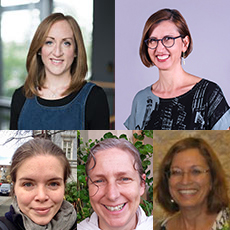
Nedlastinger
Publisert
Hvordan referere
Utgave
Seksjon
Lisens
Opphavsrett 2020 Beth Pickard, Grace Thompson, Maren Metell, Efrat Roginsky, Cochavit Elefant

Dette verket er lisensiert under Creative Commons Attribution 4.0 International License.
Articles published prior to 2019 are subject to the following license, see: https://voices.no/index.php/voices/copyright

